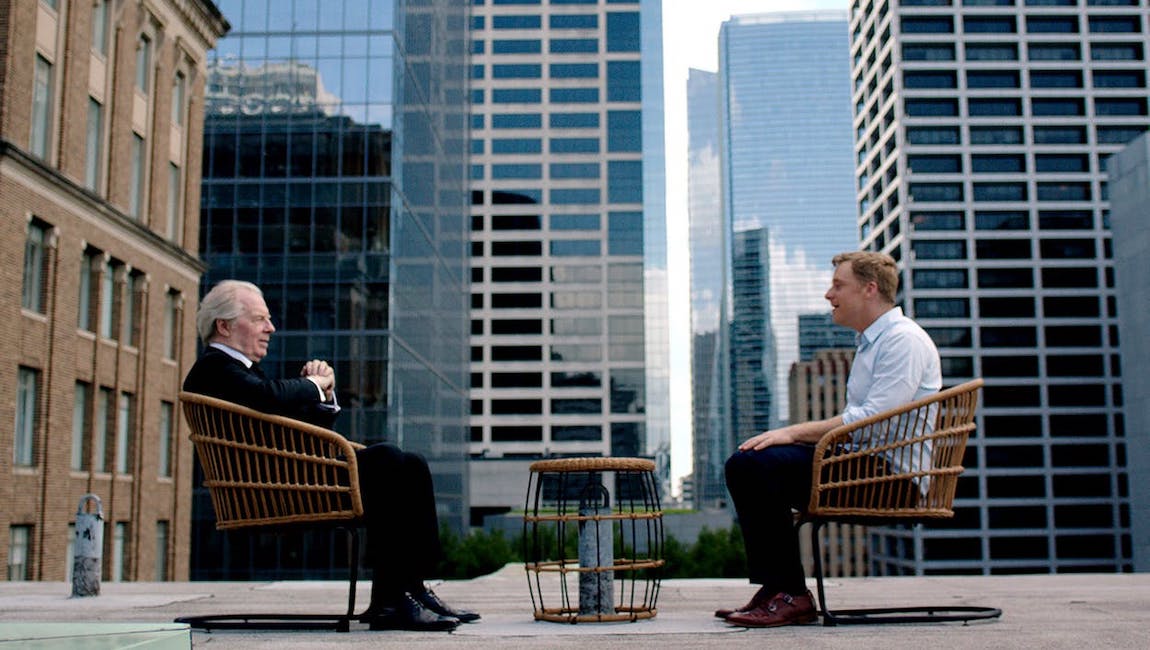Unlike Wiseman’s typically nuanced, curious documentary treatments, City Hall doesn’t have much to offer beyond standard homage to contemporary liberalism.
What Frederick Wiseman does, at this point, can be boiled down to an easy elevator pitch, which at once vastly undersells the depth and subtle variations of his mode of documentary filmmaking, but also speaks to the consistency of his model. Indeed, the approach rarely changes much, but it doesn’t really have to when Wiseman, over 50 years deep into his filmmaking career, remains something of a genre unto himself. Wiseman’s approach to documentary filmmaking has proven invaluable as a means of summarizing the functions of countless cultural and governmental institutions and communities; his unobtrusive camera and patient edits produce uniquely complete portraits of these subjects.
City Hall is no less robust than your average Wiseman film; in fact, its 4.5-hour runtime earns it the distinction of being his 2nd longest film to date. As implied by the title, this one ventures inside Boston City Hall with the intent of mapping out the eclectic and occasionally obscured responsibilities of the City Council and Mayor Marty Walsh. It’s a natural choice of subject for Wiseman, an artist who regularly excels at locating human perspective within this sort of bureaucratic machine, and City Hall isn’t without such moments (a heated community meeting with a recreational weed vendor looking to set up shop in one of the city’s poorest neighborhoods is a stand out). But surprisingly, Wiseman here frequently loses track of them, as the narrative focus repeatedly slips back to Mayor Walsh. This is an unusual choice, and one that isn’t precedent in Wiseman’s filmography, but Walsh ends up becoming the film’s protagonist in a sense. This may have been an unavoidable angle of the project — after all, the mayor’s office accounts for half of city hall in a sense — but Wiseman affords Walsh more screen time than he’s ever afforded a human subject, a choice that reads as tacit celebration.
Outside of Boston, Walsh is famous for his swift, public condemnation of Trump’s “Muslim Ban”, and it seems clear that this is partially why Wiseman pursued him as a subject. Walsh ends up presented as a sort of anti-Trump, embodying some of his populist “authenticity,” but with good liberal values. One’s appreciation for City Hall will hinge on your willingness to buy how Walsh is being sold, which can be challenging in scenes where police reform is being discussed, for example. The film has value in the abstract, both as a depiction of the working life of a politician and as a means of understanding city hall’s presence outside the literal building, but as an attempt to speak to America, it feels out of step. Landing in a moment when there is a mass rejection of establishment politics and neoliberal centrism, it’s hard to invest in a 4.5-hour film largely built around someone who embodies those very values. This is something of a disappointment after Monrovia, Indiana, Wiseman’s previous feature which focused on “Trump country” with absolutely none of the condescension typically implicit with that phrase. That film found a way to discuss the fraught state of American politics without actually discussing it, recentering the narrative on the material realities of rural life in America. City Hall lacks that sort of nuanced, curious approach to its material, and in its absence, Wiseman doesn’t have much to offer beyond standard homage to contemporary liberalism.
Originally published as part of Venice International Film Festival 2020 — Dispatch 1.







